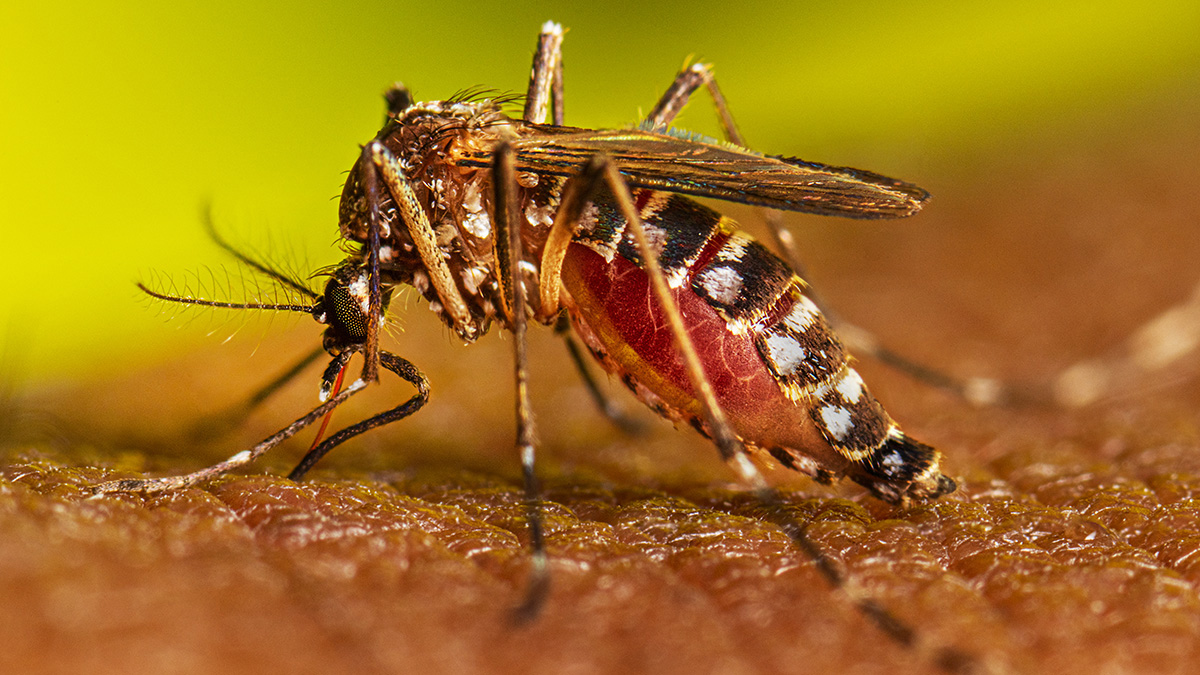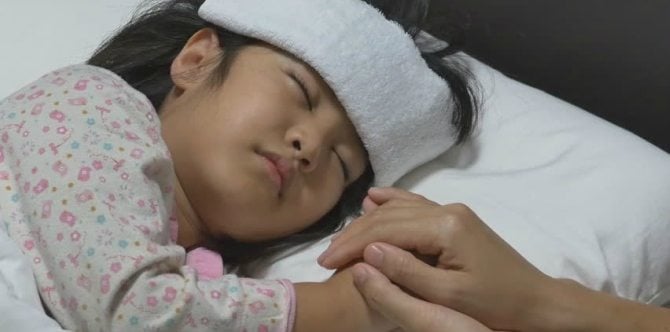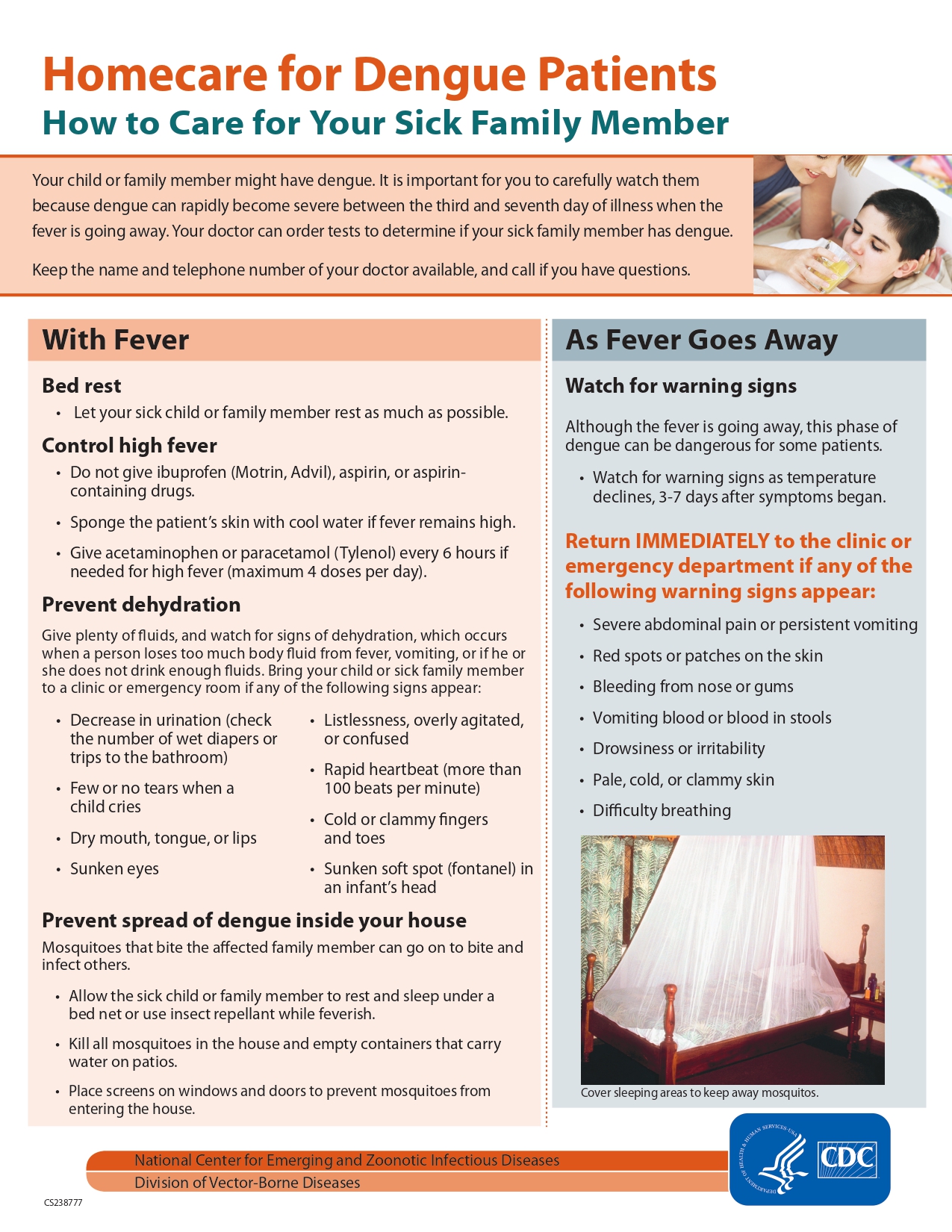Life & Health

NepalMinute correspondent Diwash Ghimire shares his account of what having dengue felt like and what the recovery process was.
Dengue is called “break bone fever” for a reason: it causes excruciating body ache accompanied by intense fever. I recently recovered from dengue, a mosquito-borne viral infection, that is spreading rapidly in Nepal.
Although it was not life-threatening, having survived the dengue ordeal it feels like I got a new lease on life. I am infused with a deep sense of gratitude.
Day 1
About 10 days ago on a quiet evening, after returning home from the office I started having chills and severe body aches.
Later that evening, I went to a nearby pharmacy to consult and buy some medicines. With the dengue spreading like a bushfire, the pharmacist suspected I had dengue. He advised that I take only paracetamol, warning that taking other fever-reducing drugs could increase the risk of hemorrhage.
He advised that I take two tablets (1000 mg) of paracetamol every six hours if the fever does not come down. I first tried with one tablet, but my fever stayed above 103 degrees Fahrenheit. Then I doubled the dose on his advice. As the fever did not go away and I applied cold compresses to my forehead. My sister and our roommate were fighting tirelessly to get my fever down. My worried parents were on the phone, constantly enquiring about my condition.
Day 2

Bedridden, I called in sick to work. Dengue was it or not, the lab technician suggested that I wait one more day for diagnosis. “A test conducted without a noticeable viral load in the blood can skew diagnosis,” she said.
I continued to battle an intense fever accompanied by severe pains and aches. Thankfully, I didn’t experience headaches and eyeball pains.
By this time, I had no appetite. With dehydration making things worse, drinking Jivanjal (electrolyte) was quite an exercise, not least dal-and-bhat. As per the doctor’s advice, I should eat lots of food and drink plenty of fluids.
For me, food was not a luxury but just fuel to survive and recover. An idea crossed my mind to increase my appetite. Food tasted better when I had no fever – and bland when I had. So before eating, I would wash my face, hands, legs and neck with cold water to bring down my temperature.
Day 3
Paracetamol was not working. So I switched over to pills from a different paracetamol brand per the doctor's suggestion. My body responded positively to the drug this time. Now, a single paracetamol tablet kept the fever under control for the next six hours.
I then underwent a dengue test and also went for a complete blood count (CBC). My dengue fever test result returned positive and platelets were down to 135,000 per microlitre. Having been sapped of all my energy, even the slightest exertion would render me breathless.
Day 4
My sister had exams, and then my roommate also fell ill. My mom rushed to Kathmandu to take care of us. Her arrival was a big relief to all of us.
Without taste and appetite, eating was still quite an exercise. But you still have to eat nourishing and hydrating foods. She cooked warm meals that are light on the stomach, including khichadi, soup and dal.
Day 5
Body aches subsided and I started getting a little active. But the sudden onset of a fever haunted me. The doctor advised me to rest for a week. So, I extended my sick leave.
Day 6
I was worried when the body temperature shot up again. I was exhausted – both physically and mentally. Yet I made an effort to browse the internet, I stumbled upon a research paper on the National Institute of Health website. It says dengue fever can be “biphasic” which means it lasts for 1-2 days once the first phase of fever is over with a gap in between. I breathed a sigh of relief; I might be in the next phase.
I continued with a diet that included generous amounts of immunity-building foods, like fruits (pomegranate, papaya, kiwi, etc), almonds, and garlic, and rehydrated myself with fluids. That helped me regain my strength.
Day 7
I regained much of my appetite and the fever started to subside, but the fatigue was persistent. Since that evening, I stopped paracetamol but continued taking electrolyte. I started recovering but my body was still weak.
Lesson learnt
Dengue has a low fatality, but it puts the body through excruciating pain. Even if the fever subsides, the body remains weak. Taking plenty of rest and having a healthy diet and drinking plenty of fluids is key to early recovery.

Five things that I have learnt to tackle dengue:
- Keep tabs on your temperature and assess symptoms at regular intervals. I took platelet count twice over the period. But regardless of the thermometer readings, consult your doctor if you have any concerns.
- Stay in bed and rest. Dengue fever can knock out the best of us. I’ve found out for myself that getting rest and plenty of sleep will aid in destroying the virus faster.
- Stay cool. Avoid extra layers of clothing and blankets, unless you have the chills. Taking cold compresses made me more comfortable.
- Eat immunity-building foods and keep hydrated. Fruits like papaya, pomegranate and kiwi tasted better when appetite was down and they were easier to digest. I drank plenty of water, and diluted juice to replenish fluids lost. “Jivanjal” helped balance my electrolyte levels.
- Over-the-counter analgesic and antipyretic drugs go a long way in reducing fever. In my case I stuck to paracetamol. Never before in my life had I taken so many paracetamol pills as I had in the past week. Note the proper dosage, and don’t use them alongside other fever-reducing medications!

Content published here is for informational purposes only, and should not be taken as professional medical advice. Always consult a qualified healthcare provider according to your personal circumstances. – Ed.

_11zon1681280198.jpg)




